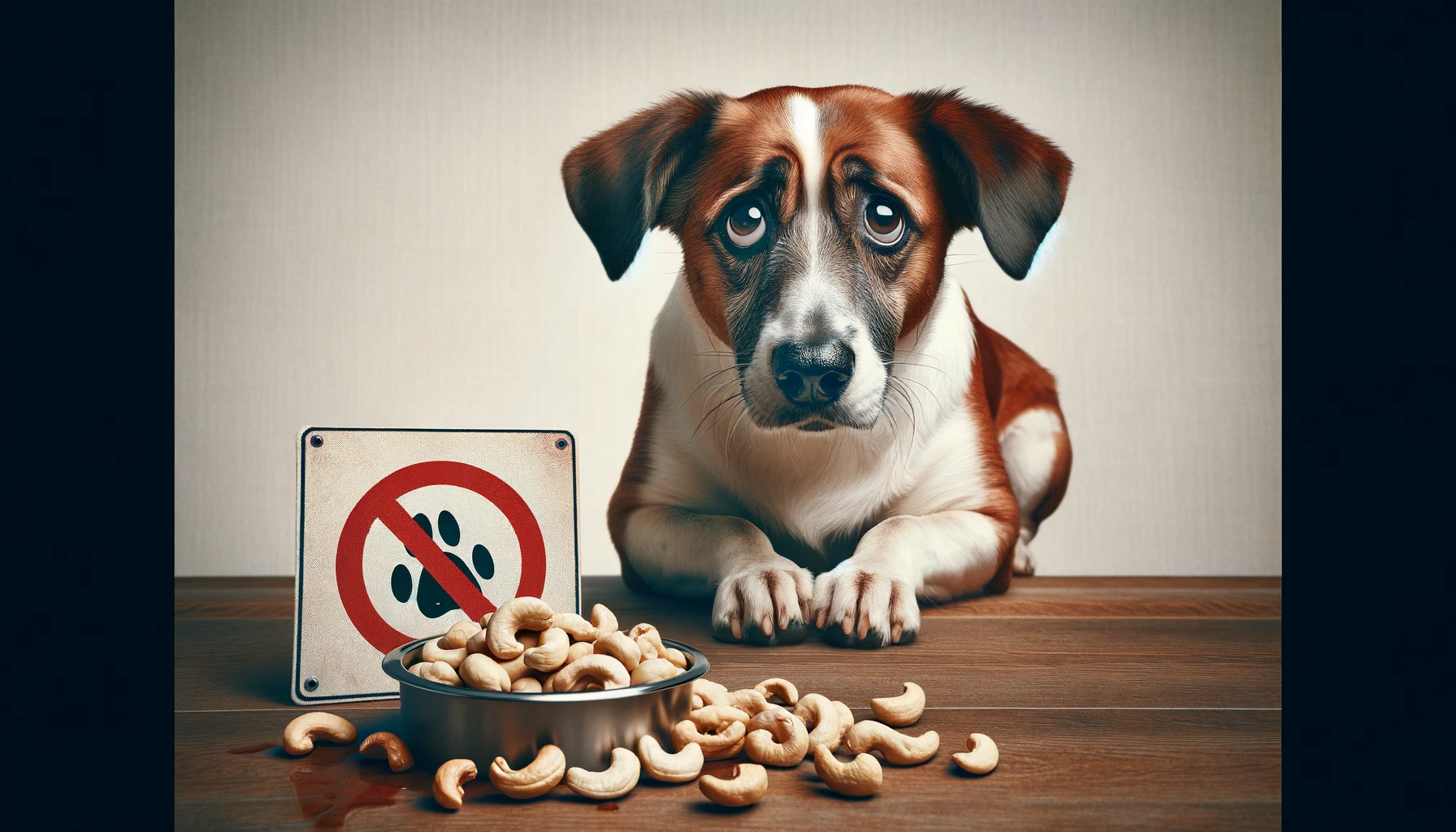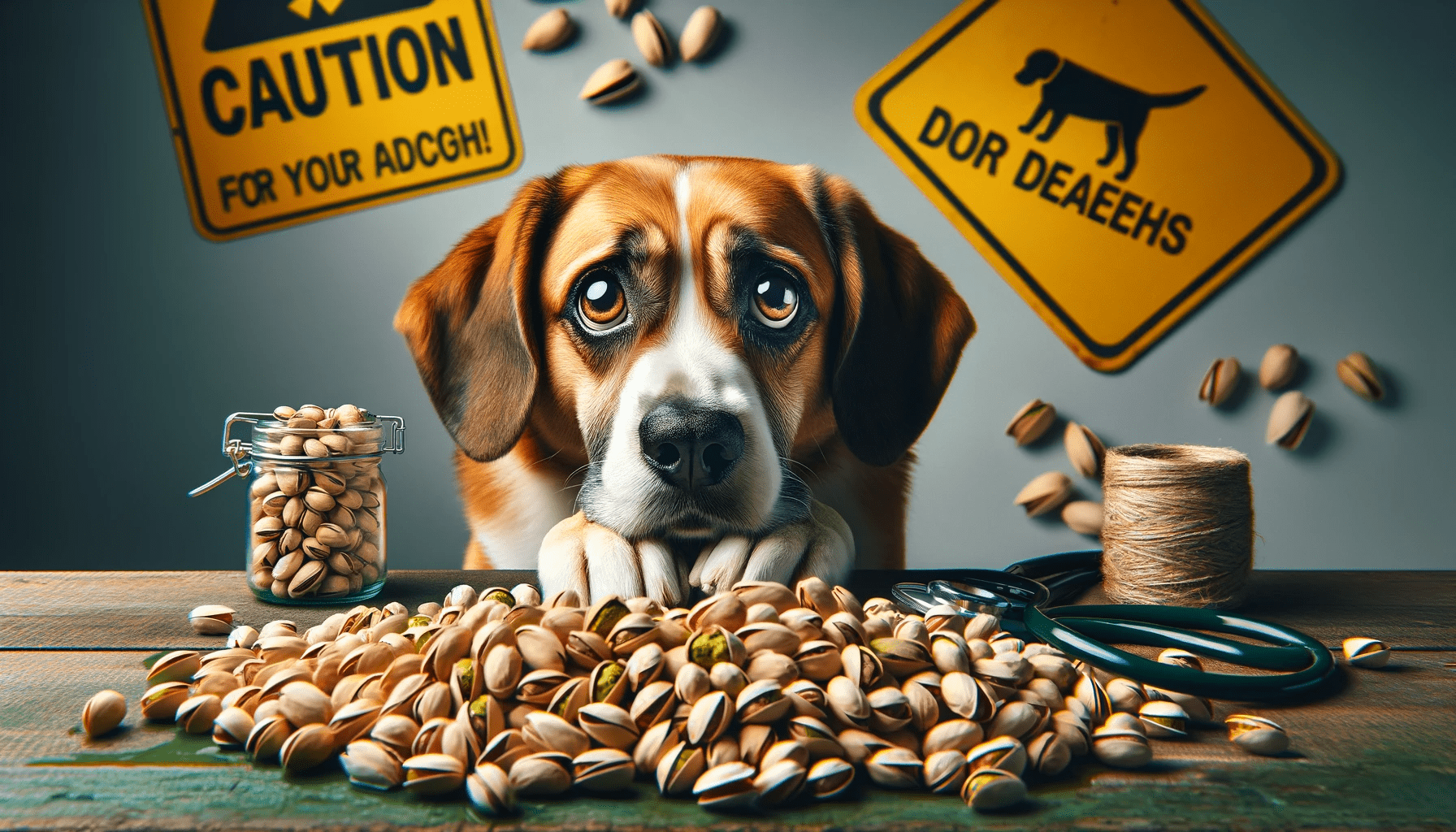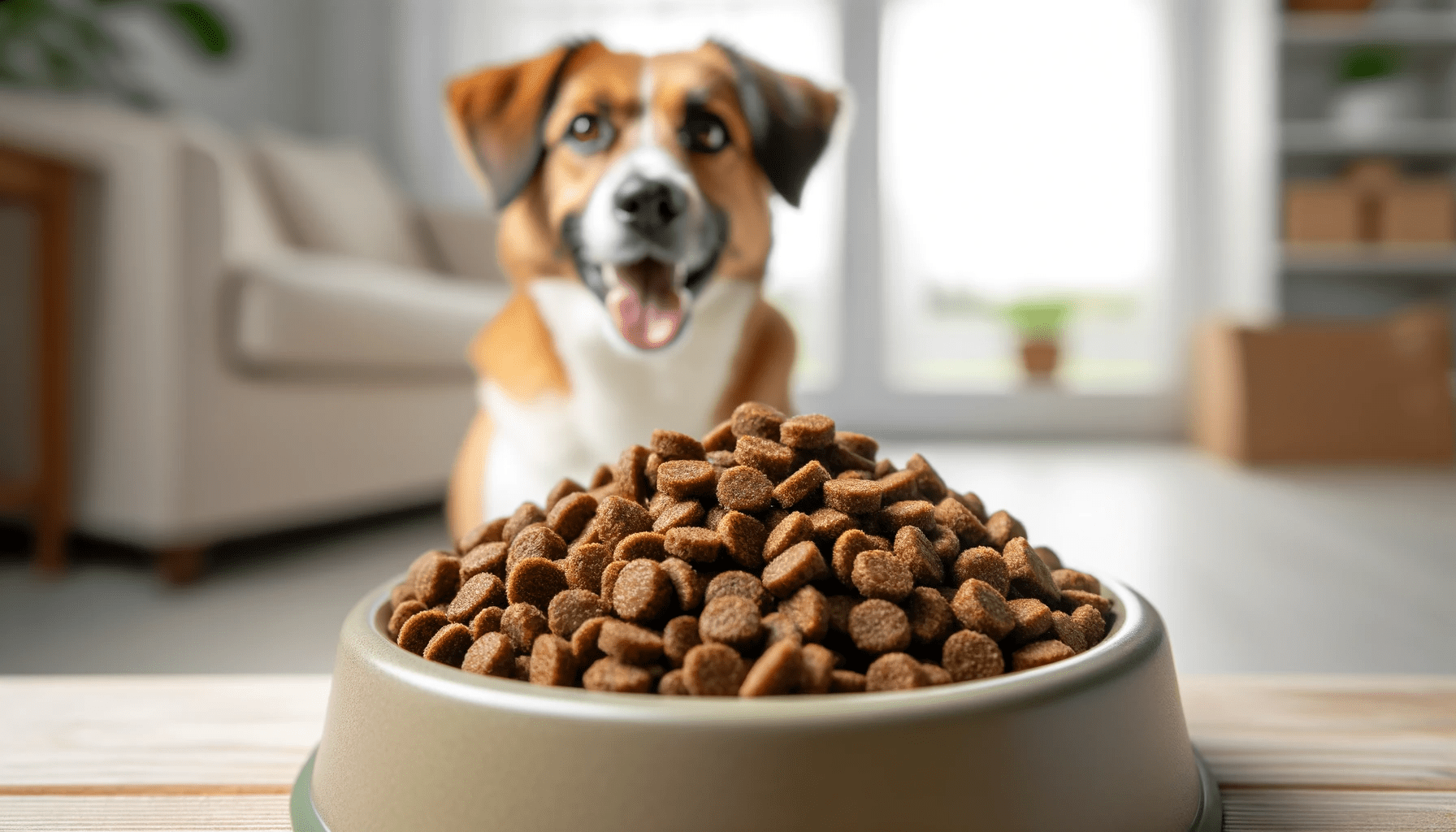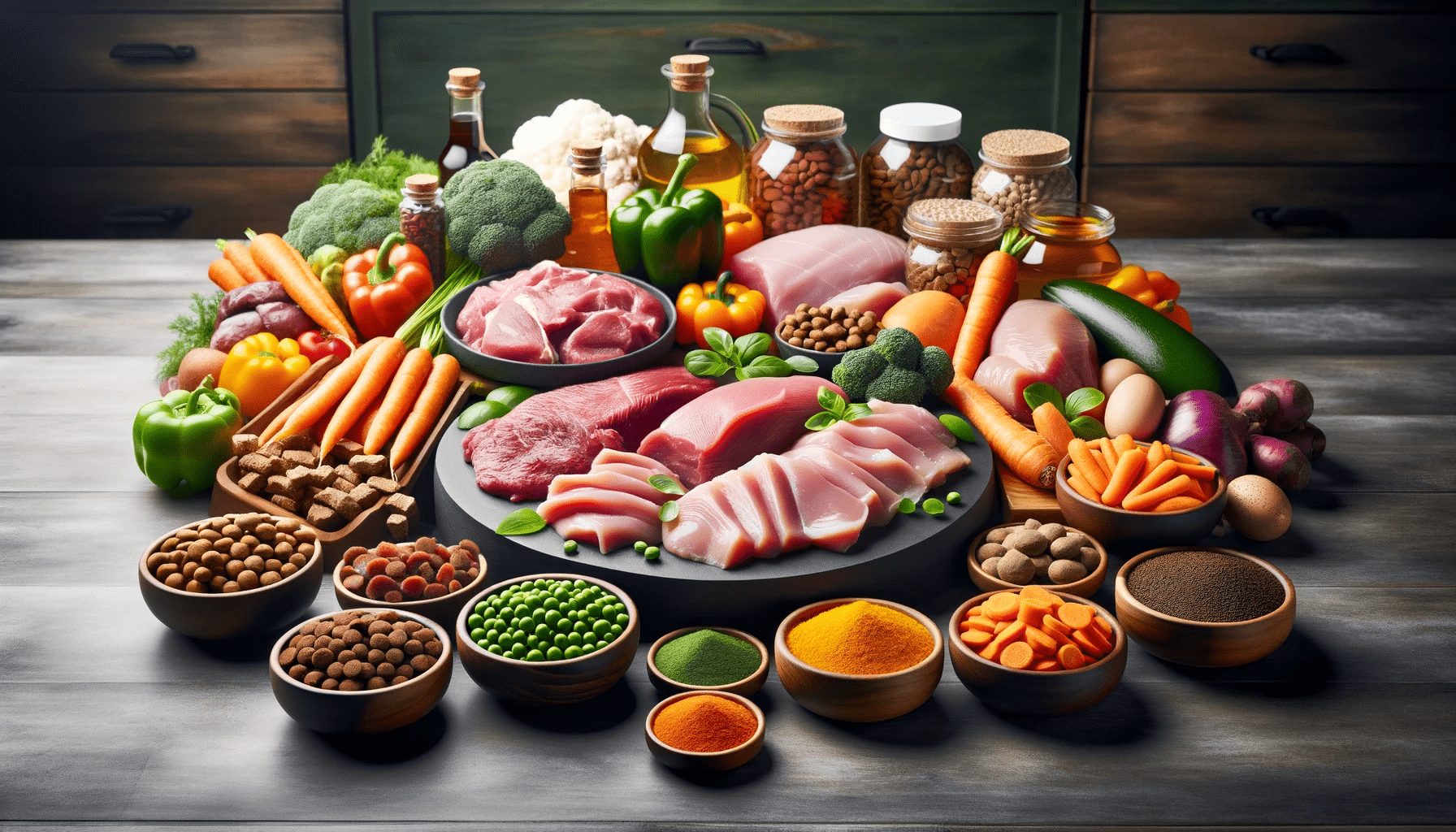Are you worried about your furry friend's weight? Achieving a healthy weight for your canine companion is essential for their overall well-being.
In this article, we will explore the importance of understanding your dog's nutritional needs and how a balanced diet can help them maintain a healthy weight.
You'll also discover tips on identifying healthy dog food options, managing portion control, and incorporating high-quality protein sources.
With the right knowledge and guidance, you can ensure your dog's optimal weight and a happier, healthier life.
Key Takeaways
- Dogs require a balanced diet with proteins, carbohydrates, fats, vitamins, and minerals.
- Feeding a balanced diet helps maintain a healthy weight and overall well-being.
- Consult with a veterinarian to determine the best diet for your dog based on factors like age, breed, and health conditions.
- Implement portion control and consult with professionals for optimal nutrition and weight management.
Understanding Canine Nutritional Needs
To ensure your dog maintains a healthy weight, it's important for you to understand their specific nutritional needs. Canine dietary requirements play a crucial role in supporting their overall health and well-being. Just like humans, dogs require a balanced diet that provides them with the necessary nutrients to thrive.
Understanding nutrient deficiencies is essential in meeting your dog's dietary needs. Dogs require a variety of nutrients, including proteins, carbohydrates, fats, vitamins, and minerals. Proteins are vital for muscle development, repair, and immune function. Carbohydrates provide energy, while fats support healthy skin and coat. Vitamins and minerals are necessary for various bodily functions.
To meet these requirements, it's essential to provide your dog with a high-quality commercial dog food that's specifically formulated to meet their nutritional needs. Look for dog foods that have undergone AAFCO (Association of American Feed Control Officials) feeding trials or meet their nutrient profiles.
In addition to commercial dog food, you can also incorporate fresh, whole foods into your dog's diet. Lean meats, fruits, and vegetables can provide additional nutrients and variety. However, it's important to consult with your veterinarian before making any significant changes to your dog's diet.
Importance of Balanced Diet for Dogs
Feeding your dog a balanced diet is crucial for maintaining their healthy weight and overall well-being. Just like humans, dogs have specific dietary needs that must be met in order to thrive. It's important to understand the dietary restrictions that canines may have and to provide them with the necessary nutrients to support their health.
Canine dietary restrictions can vary depending on factors such as age, breed, and any existing health conditions. For example, some dogs may have allergies or sensitivities to certain ingredients, such as grains or certain proteins. It's important to consult with your veterinarian to determine the best diet for your dog based on their individual needs.
In addition to providing the right nutrients, hydration is also essential for dogs. Water makes up a significant portion of a dog's body weight, and it plays a vital role in various bodily functions. Proper hydration helps to regulate body temperature, aids digestion, and supports overall organ function.
To ensure your dog stays hydrated, always provide them with fresh, clean water. Additionally, incorporating moisture-rich foods into their diet, such as wet dog food or adding water to dry kibble, can help increase their hydration levels.
Identifying Healthy Dog Food Options
When it comes to identifying healthy dog food options, there are a few key points to keep in mind.
First, it's important to follow nutritional guidelines for dogs, ensuring that their diet is well-balanced and meets their specific needs.
Additionally, it's crucial to avoid harmful ingredients such as artificial preservatives, colors, and flavors.
Nutritional Guidelines for Dogs
When looking for healthy dog food options, it's important that you consider nutritional guidelines for dogs. Canine weight management and dietary requirements play a crucial role in maintaining your dog's overall health and well-being.
To ensure your furry friend gets the right nutrients, look for dog food that's specifically formulated to meet their needs. High-quality dog foods should have a proper balance of proteins, carbohydrates, fats, vitamins, and minerals. Avoid foods that contain excessive amounts of fillers, artificial additives, and preservatives. Instead, opt for options that include real, whole ingredients such as meat, vegetables, and grains.
It's also essential to consult with your veterinarian to determine the ideal portion sizes for your dog based on their weight, age, and activity level.
Avoiding Harmful Ingredients
To ensure your canine companion maintains a healthy weight, it's important to carefully identify and avoid harmful ingredients in their dog food.
One way to do this is by reading labels. Look out for harmful additives such as artificial colors, flavors, and preservatives. These can have negative effects on your dog's health, including allergies and digestive issues.
Additionally, avoid ingredients like corn, soy, and wheat, which can be difficult for dogs to digest and may contribute to weight gain.
Instead, opt for dog foods that contain high-quality protein sources like chicken, beef, or fish, as well as whole grains and fruits and vegetables. By being mindful of the ingredients in your dog's food, you can help them achieve and maintain a healthy weight while promoting overall well-being.
Portion Control for Optimal Weight Management
To achieve optimal weight management for your canine companion, it's important to implement portion control. Controlling the portion size of your dog's meals is essential for maintaining a healthy weight and preventing weight gain.
When it comes to portion control, it's crucial to consider your dog's specific needs, such as their age, activity level, and overall health.
To determine the appropriate portion size for your dog, consult with your veterinarian. They can provide you with specific guidelines based on your dog's breed, size, and weight loss goals. In general, it's recommended to feed your dog smaller, more frequent meals throughout the day rather than one large meal. This can help prevent overeating and promote better digestion.
When measuring your dog's food, use a measuring cup or scale to ensure accuracy. Avoid eyeballing or estimating portion sizes, as this can lead to inconsistencies. It's also important to account for any treats or snacks given throughout the day. These should be included in your dog's overall daily calorie intake to prevent excess calorie consumption.
Monitoring your dog's weight regularly is crucial to ensure the effectiveness of portion control. If your dog isn't losing weight or is losing weight too rapidly, consult with your veterinarian to adjust their portion sizes accordingly.
Incorporating High-Quality Protein Sources
Incorporate high-quality protein sources into your dog's diet to support healthy weight management. Protein is an essential nutrient for dogs as it helps build and repair tissues, supports a healthy immune system, and aids in weight management. When choosing protein sources for your canine companion, consider these options:
- Lean meats: Opt for lean cuts of meat like chicken, turkey, or fish. These protein sources are low in fat and provide high-quality protein.
- Eggs: Eggs are an excellent source of protein and can be a great addition to your dog's diet. They're also a cost-effective option.
- Greek yogurt: Greek yogurt is a protein-rich option that can be a tasty treat for your dog. It's important to choose plain, unsweetened yogurt without any additives or artificial flavors.
- Plant-based alternatives: If you're looking for plant-based protein options, consider incorporating legumes like lentils, chickpeas, or black beans into your dog's diet. These alternatives are rich in protein and can be a great addition to their meals.
Remember to consult with your veterinarian before making any significant changes to your dog's diet. They can provide tailored advice based on your dog's specific needs and ensure a balanced and nutritious diet that supports healthy weight management.
Essential Nutrients for Canine Health
When considering essential nutrients for your canine companion's health, it's important to focus on providing a well-balanced diet that includes a variety of vitamins, minerals, and antioxidants. These nutrients play a crucial role in supporting your dog's overall health and well-being.
To ensure your dog receives all the necessary nutrients, you may want to consider incorporating canine dietary supplements into their feeding schedule. These supplements can help fill any nutritional gaps and support specific areas of your dog's health, such as joint health or skin and coat health. However, it's important to consult with your veterinarian before adding any supplements to your dog's diet to ensure they're safe and appropriate for your specific dog.
In addition to supplementation, a well-balanced diet should be the foundation of your dog's nutrition. This includes providing a variety of high-quality proteins, carbohydrates, and fats. High-quality proteins are essential for your dog's muscle development and repair, while carbohydrates provide energy. Fats, particularly omega-3 and omega-6 fatty acids, are important for a healthy coat and skin.
Avoiding Common Nutritional Pitfalls
One common nutritional pitfall to avoid is relying solely on commercial dog food for your canine companion's diet. While commercial dog food can provide a convenient and balanced option, it may not always be the best choice for canine weight management.
Here are four common feeding mistakes to avoid:
- Overfeeding: It's easy to unintentionally overfeed your dog, especially if you're using only commercial dog food. Each dog has unique caloric needs based on their age, breed, and activity level. Consult with your veterinarian to determine the appropriate portion size for your dog's weight management goals.
- Lack of variety: Feeding your dog the same commercial dog food every day can lead to nutritional deficiencies. Dogs benefit from a variety of protein sources, such as lean meats, fish, and eggs. Additionally, incorporating fruits and vegetables can provide essential vitamins and minerals.
- Ignoring treats: Treats play a role in training and bonding with your dog, but they can contribute to weight gain if not given in moderation. Opt for healthy, low-calorie treats or use small pieces of your dog's regular food for training rewards.
- Not considering homemade diets: While commercial dog food is formulated to meet your dog's nutritional needs, some homemade diets can also provide balanced nutrition. However, it's crucial to consult with a veterinary nutritionist to ensure your homemade diet meets all the necessary requirements.
Seeking Professional Guidance for Canine Nutrition
To ensure optimal canine nutrition and weight management, it's essential to seek professional guidance from a veterinarian or veterinary nutritionist. While there's a wealth of information available online and from other pet owners, it's important to remember that each dog is unique and their nutritional needs may vary.
Professional advice can help you navigate through the overwhelming amount of information and tailor a diet specifically for your canine companion.
A veterinarian or veterinary nutritionist has the knowledge and expertise to evaluate your dog's current health, assess any specific dietary requirements, and make recommendations based on their findings. They can take into account factors such as age, breed, activity level, and any existing health conditions to design a nutrition plan that supports your dog's overall well-being.
Additionally, seeking professional guidance can help you avoid common pitfalls, such as overfeeding or providing an unbalanced diet. These professionals can also provide guidance on the use of dietary supplements. While supplements can be beneficial in certain cases, such as for joint health or to address specific deficiencies, it's important to consult with a professional before incorporating them into your dog's diet. They can help determine the appropriate dosage and ensure that the supplement is safe and effective for your dog.
Frequently Asked Questions
Can I Feed My Dog Human Food Instead of Commercial Dog Food?
You can feed your dog human food instead of commercial dog food, but it's important to note that homemade diets may not provide all the necessary nutrients. Commercial dog food is specifically formulated for canine health and has benefits like balanced nutrition.
How Often Should I Feed My Dog to Maintain a Healthy Weight?
To maintain a healthy weight for your dog, it's important to establish a feeding schedule and practice portion control. This helps regulate their calorie intake and prevent overeating, which can lead to weight gain.
Are There Any Specific Fruits or Vegetables That Are Good for Dogs?
Healthy fruits and nutritious vegetables can be a great addition to your dog's diet. They provide essential vitamins, minerals, and fiber. However, it's important to research which fruits and vegetables are safe for dogs and to feed them in moderation.
Can I Give My Dog Treats While Trying to Help Them Achieve a Healthy Weight?
Yes, you can give your dog treats while helping them achieve a healthy weight. Instead of high-calorie treats, try dog treat alternatives like carrots or green beans. Also, incorporate exercise routines to support their weight loss goals.
What Are Some Common Signs That My Dog May Be Overweight or Underweight?
Some common signs that your dog may be overweight or underweight include visible ribs or excessive fat deposits. To help your dog gain weight healthily, consult with a veterinarian for proper diet and exercise recommendations.
Conclusion
In conclusion, achieving a healthy weight for your canine companion requires understanding their nutritional needs, providing a balanced diet, and practicing portion control.
It's important to choose high-quality dog food options that incorporate essential nutrients and protein sources.
By avoiding common nutritional pitfalls and seeking professional guidance, you can ensure your dog maintains optimal weight and overall health.






